Community, Alienation and the Experience of Networks. Gamevironments and Theories of Community
DOI:
https://doi.org/10.48783/gameviron.v21.i21.260Keywords:
Community, Alienation, Datafication, Mediatization, Gametization, Imagined Community, Sense of Community, Data, gamevironmentsAbstract
I examine Kerstin Radde-Antweiler’s (2024) updated concept of gamevironments through the lens of community. I introduce two key theories of community and consider how gamevironments relates to them. In particular, I point out that the theoretical links between actants may not be experienced as connections at all, let alone as communities. This raises the question of when and why the connections that gamevironments reveals are experience. Building from Benedict Anderson’s notion of the imagined community, I ask which communities must be unimagined in order to sustain unsustainable or deleterious systems, such as the cobalt miners who make electronic devices possible and their working conditions that make those devices economical. I then turn to datafication, relating it to deep mediatisation and deep gametisation, and consider why the hyperconnectivity on the internet seems to have exacerbated rather than resolved loneliness and alienation. I use a Marxist conception of alienation to show that datafication is fundamentally alienating, and that this impacts on how actant networks are experienced. The implications for gamevironments are that the nuances of different digital infrastructures must be taken into account in any gamevironment, in particular the kinds of connections that are and are not afforded between actants.





